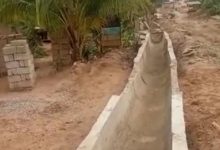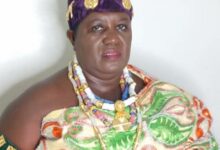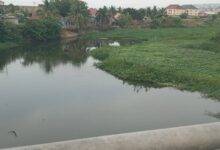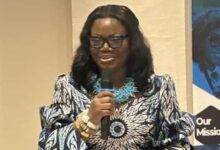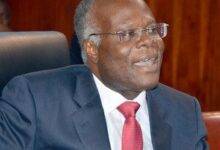
A former senior lecturer at the School of Biological Sciences, University of Ghana, Professor Alfred Oteng-Yeboah, has cautioned the country against indiscriminate exploitation of its resources, saying it could make the country lose out on the dividends it offered.
According to him, the rate at which these resources were being depleted on regular basis, were more than alarming, requiring that something urgently was done about it to forestall a catastrophe befalling the country.
“The resources that we have in this country are dwindling and very fast. The kind of resource which is renewable is the biological resources and many of them are being lost without us being able to get the full benefits of what they give to us as a people,” he emphasised.
Prof. Oteng-Yeboah issued the warning at a workshop organised by the Advocacy for Biodiversity Offsetting Group (ABOG) to disseminate the findings of a pilot Biodiversity Offset Business Scheme in Accra at the weekend.
The study was conducted by the Environmental Protection Agency (EPA) in collaboration with a number of organisations including, the NYCOB Enterprise Consortium and with financial support from the John Agyekum Kufuor (JAK) Foundation and the Business Sector Advocacy Challenge (BUSAC).
It focused on developing a framework that would ensure that developers accounted for the residual impacts of their activities on biodiversity in the country.
Prof. Oteng-Yeboah said there was a need for a regulation that would enable the country offset its biological resources in its development to ensure that its exploitation was done not only on sustainable manner but more profitable ways.
In so doing, he said there was the need for awareness to be created among the citizenry to understand and appreciate the need for using the country’s biological resources in more meaningful ways.
On his part, the Executive Director of Conservation Alliance, Dr Yaw Osei-Owusu, said that even though biodiversity loss was a national menace which had received much more public attention in recent times, some of the interventions that had been implemented to address these challenges had achieved limited and often disappointing results.
He explained that biodiversity offsetting was a system used predominantly by planning authorities to fully compensate for biodiversity impacts associated with development.
“Biodiversity offsets are only appropriate for projects which have applied mitigation hierarchy framework, a widely accepted approach for biodiversity conservation. The offsets are thus measurable conservation outcomes designed to compensate for adverse and unavoidable impacts of projects,” he elucidated.
However, he said the Biodiversity Offset Business Scheme (BOBS) was a market-based approach towards addressing the country’s biodiversity loss, adding that “It provides for monetary returns for conserving biodiversity on private lands.”
Dr Osei-Owusu explained that, by the scheme, the private sector was being positioned as a key player in the BOBS implementation scheme which creates incentives for private land owners, local communities and entrepreneurs to set aside lands as biobank in return for revenue.
Touching on the findings, the Chief Programme Officer, Natural Resource Department, EPA, Mrs Jewel Kudjawu, said the scheme could drive innovation in relation to earlier stages of the mitigation hierarchy and incentivise landowners and communities to protect species and habitat values of their land.
She said the study revealed that there was an aggregate pressure from human activities resulting in the continuous loss of biodiversity.
These observations, she noted, pointed to the need to look more critically at the methods by which biodiversity was assessed as part of the Environmental Impact Assessment Procedures, and also to ensure mitigation of the impacts of the undertakings.
BY CLIFF EKUFUL

